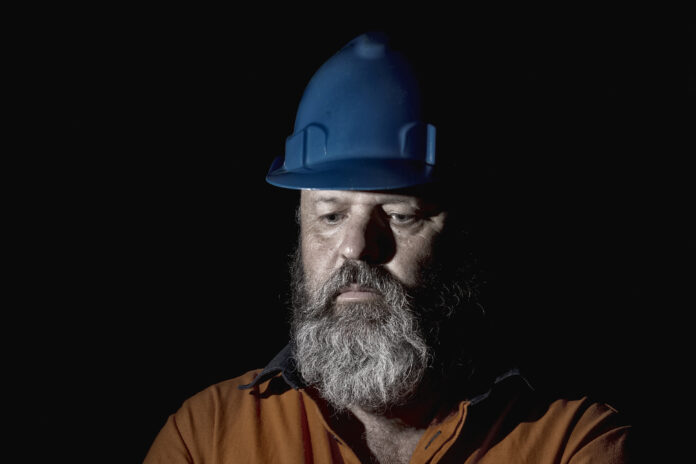By Richard Lyall
RESCON
When you think about health and safety issues on construction sites, slips, trips and falls probably top the list. But there’s another less visible threat that’s just as critical – and that is mental health.
According to Statistics Canada, 33 per cent of men in the construction industry report poor mental health.
A 2020 study by the International Foundation of Employee Benefits across 35 Canadian apprenticeship programs found 68 per cent of respondents experienced anxiety disorders and 51 per cent suffered from depression. That same year, 2,500 Ontarians died of drug overdoses, a 60-per-cent increase from the year before. Of those who died, 30 per cent were construction workers.
According to a 2020 report from the Centers for Disease Control in the U.S., the construction industry has the second-highest suicide rate of all major industries in the country.
Mental health issues on the rise
Unfortunately, the frequency of mental health issues is increasing within the construction industry. A 2020 study found that 83 per cent of construction workers have experienced a mental health issue.
There are many reasons for the increased level of mental health issues in the construction industry. The job is physical and demanding and requires workers to put in long hours and travel distances to get to a jobsite. Many work in remote areas and are away from their families for lengthy periods.
COVID also was not good for mental health and many people suffered from issues during the pandemic.
Annual mental health and addictions webinar
In Ontario, the residential construction industry has made strides to tackle mental health issues, recognizing that the high-pressure environment and physical demands of the job can exacerbate problems.
RESCON has long recognized the seriousness of the problem. We were the first construction association to hold a mental health symposium in November of 2019. We quickly made it an annual event and, in November 2024 hosted our sixth annual mental health and addictions webinar.
Mental health is a standing agenda item at our health and safety committee, and we work in partnership with our labour partner unions to address issues as they happen, but also proactively through joint labour-management committees and through other preventative actions.
Our focus has been on addressing the stigma, meeting people where they are at and tackling mental health issues, including but not limited to overdoses, opioids, substance abuse, other forms of abuse, mental health injuries, and mental health in general.
Dealing with the stigma
We have found that many construction workers understand, accept and support co-workers who experience mental health issues. However, there still is a stigma that individuals place on themselves.
Essentially, construction workers understand that others may have a mental health issue, but still do not feel comfortable accepting that they may have a mental health issue. We need people to treat themselves like they treat their co-workers – with compassion, caring and understanding.
The industry’s approach to mental health has matured, evolved and greatly expanded over the years.
One of the priorities is to get better data to help us understand how construction workers and the broader population are impacted by mental health. We are also working to address the stigma around seeking help for mental health issues and encourage workers to ask for help if they need it.
The industry and provincial government, under the leadership of Associate Mental Health and Addictions Minister Michael Tibollo, have made strides but the demand for assistance has never been greater.
No longer a taboo discussion
Importantly, mental health is no longer a taboo topic of discussion. While workers are still reluctant to ask for direct help, the stigma around others having mental health issues has been reduced.
We now need to focus on encouraging those who need help to ask for it. In addition, we need to continue to work with our members and the industry to expand and enhance policies and create best practices before they are needed. As they say, an ounce of prevention is worth a pound of cure.
It is important that workers with issues know that supports exist, including workplace benefits, support programs, government programs and crisis hotlines. We are also focused on addressing how people can get help, promoting best practices related to how to deal with mental health emergencies, how to support workers and how to create policies and procedures before they are needed.
Long way to go
Over the past few years, the industry’s approach to mental health has significantly matured and expanded. However, we still have a long way to go.
A third of construction workers still struggle with mental health issues. Meanwhile, substance abuse rates in construction are nearly double the national average. The suicide rate in the sector is more than three times that of the general population, highlighting the critical need for continued and concerted action.
Progress has been made, yes. But there is more work to be done.
Richard Lyall is president of the Residential Construction Council of Ontario (RESCON). He has represented the building industry in Ontario since 1991. Contact him at media@rescon.com.












